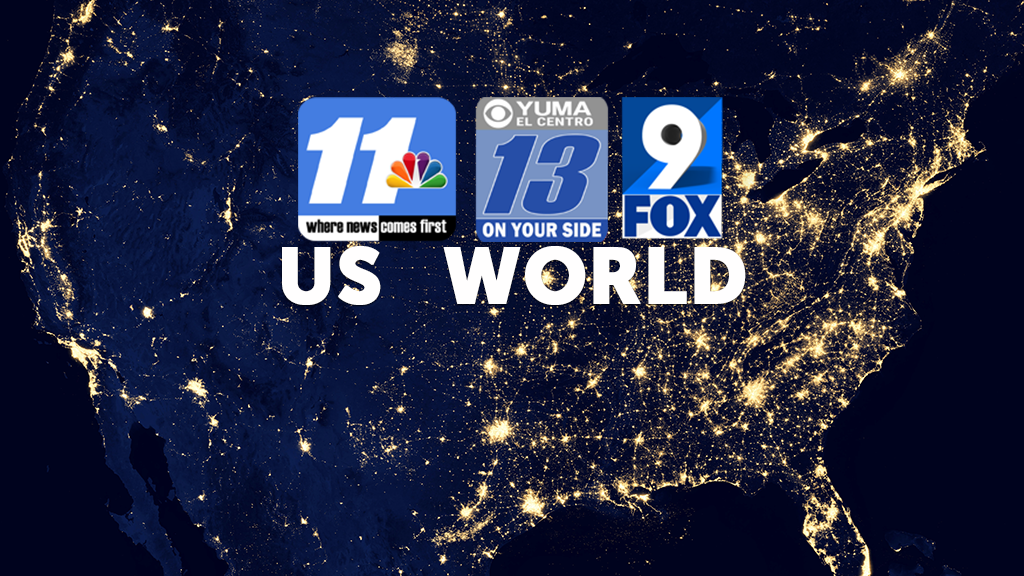Most states now require face masks to reduce the spread of Covid-19. These are the ones that don’t

While health officials agree face masks help prevent the spread of Covid-19, state and local governments have varied widely on implementation of mask rules. Now, President-elect Joe Biden wants to change that.
Biden’s office has released plans that his administration intends to implement in the beginning of his term, and one is a national mask mandate “by working with governors and mayors.”
Most states already have some type of mask mandate, but some have no statewide rule — either leaving it as a recommendation or giving the authority to local officials.
Here are the states with no statewide mask requirement.
Alaska
Alaska does not require the use of masks, limit group size or business operations. All the state does is encourage Alaskans to do their part to limit the spread of Covid-19, recommending that residents practice social distancing and wear a mask, without any mandate.
The mayor of Anchorage, though, has signed an order requiring people to wear face coverings in public.
Arizona
Gov. Doug Ducey, a Republican, allows individual counties to mandate a mask, but does not have a statewide initiative. Scottsdale was the first to make masks mandatory starting June 19. Other major municipalities with requirements include Phoenix, Tucson and Flagstaff.
Florida
There is no statewide mask requirement, yet some local municipalities have their own mandates.
Georgia
Statewide, masks are required for some essential employees, including restaurants and personal care services employees.
Meanwhile, several counties and cities have mask mandates.
Idaho
The state does not have a statewide requirement, but several local municipalities do, including Boise.
Mississippi
On September 4, Gov. Tate Reeves, a Republican, lifted the state face covering requirement.
Just over a month later and amid rising case numbers, Reeves signed an executive order requiring face coverings in counties with higher Covid-19 case numbers. The “Safe Recovery” executive order is in effect through December 11 and includes 22 of the state’s 82 counties.
Missouri
The state does not have a statewide requirement, but several local municipalities do.
Nebraska
There is no statewide mandate, but clients and staff in barbershops, salons, tattoo parlors and massage parlors must wear masks, as part of the current Directed Health Measure requirements.
Oklahoma
The city council in Oklahoma City voted in a special meeting in July to approve an emergency public safety ordinance requiring face coverings in indoor public places throughout Oklahoma City.
South Carolina
Several counties and cities, including Charleston and Columbia, have mask mandates.
South Dakota
Gov. Kristi Noem, a Republican, has taken a hands-off approach to Covid-19. In October, she wrote in an op-ed that the government should not mandate a mask requirement.
“As I’ve said before, if folks want to wear a mask, they should be free to do so,” she wrote. “Similarly, those who don’t want to wear a mask shouldn’t be shamed into wearing one.”
South Dakota is second — only to North Dakota — in the number of coronavirus cases per 100,000 people.
Tennessee
Though there is no statewide mandate, Gov. Bill Lee, a Republican, signed an executive order granting the mayors in 89 counties the authority to issue mask requirements.
Texas
Texas did have a statewide mask mandate, but Gov. Greg Abbott’s executive order on March 2 rescinded most of the previous executive orders dealing with Covid-19, including the mask mandate, he confirmed at a news conference.
“It is clear from the recoveries, from the vaccinations, from the reduced hospitalizations and from the safe practices that Texans are using, that state mandates are no longer needed,” Abbott said.
Also, effective March 10, all businesses of any kind are allowed to open 100%, the governor said.
Though it’s true that Covid-19 numbers have declined, experts have warned Americans shouldn’t let down their guards.
“I think it’s really critical for us to ramp up vaccinations as much as we can, and in the meantime, do our best to continue with masking, physical distancing — these other measures that we know to be really important in controlling the spread of infection,” said CNN Medical Analyst Dr. Leana Wen in February.